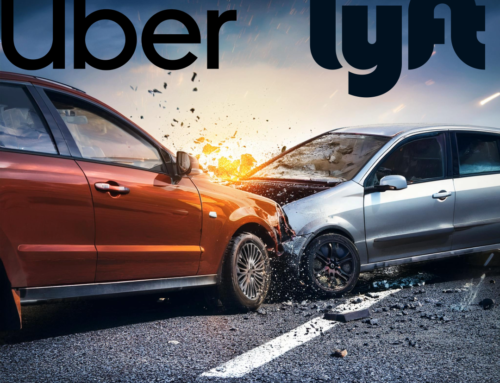
Selecting an auto insurance company can be daunting. When selecting an insurance provider, it’s crucial to look beyond superficial factors like policy cost, customer service niceties, or even how friendly the insurance agent seems. What truly matters is the support you receive when you need it the most – after a car accident. Here is a guide on the best and worst companies based on their real-world performance when making claims.
The Big Players: Not Always Your Best Bet
A simple yet telling rule of thumb is “bigger the badder.” Large insurance companies like Progressive, State Farm, Allstate, and GEICO may offer attractive rates, but often at the expense of covering injuries when an insurance claim is made. These “cut rate insurers” prioritize low prices, which frequently leads to questionable coverage quality. Moreover, if you notice a company employing mascots or celebrities in their commercials, it’s often a sign to steer clear. Their focus on marketing might overshadow their commitment to genuine customer care.
Midsize Insurers: A Step in the Right Direction
Mid-tier companies such as USAA, American Family, Travelers, and Farmers provide a slightly better experience. While there are still instances of client dissatisfaction, issues are fewer compared to the larger counterparts. These companies strike a balance between reasonable pricing and adequate coverage, making them a viable option for many.
Small Insurers: Quality at a Cost
At the other end of the spectrum lie smaller insurance firms like Amica and Chubb. They often excel in handling claims and ensuring fair compensation for injuries and property damage claims. However, this heightened level of care and reasonableness comes with a higher price tag. Policies from these companies tend to be more expensive, but they often justify the cost with better overall service.
Weighing Cost Against Care
In summary, the big insurance giants competing for the lowest rates are not always synonymous with quality policies. The adage “you get what you pay for” holds particularly true in the insurance world. Opting for midsize or smaller insurance companies might mean spending a bit more, but it also increases the likelihood of receiving better care and support after an accident.
A Word of Caution
It’s important to note that no insurance company is perfect. At their core, they are businesses focused on profitability, which often means minimizing payouts. This mindset, unfortunately, can be at the detriment of those who suffer injuries. While some companies are indeed better than others, it’s essential to approach all with a healthy dose of skepticism and informed judgment.







Leave A Comment